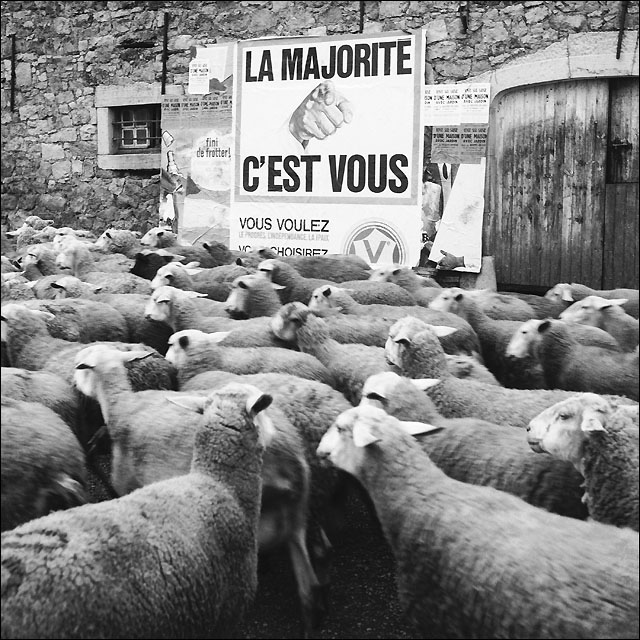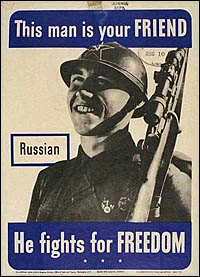

Animal Farm
Premise
Reaction I usually tell them something like this: while parody makes its target look ridiculous purely for the sake of comedy and to wound those it's making fun of, satire does so in order to persuade the audience not to be like the target. That means that when you're analyzing a satire, it's pretty important to figure out both who the target is and who the audience is. And I would contend that, despite what generations of English teachers have maintained, the target of Animal Farm is not Joseph Stalin and it's not the USSR. Yes, the primary message of the book is that the USSR is a totalitarian nightmare and Joseph Stalin is an evil dictator. But it's pretty unlikely that Stalin was wounded by these allegations. And while it might seem that representing Stalin as Napoleon the pig would qualify as ridicule, Orwell doesn't use this device to cut Stalin down to size — on the contrary, he builds Napoleon up into a terrifying monster who gains the respect of the neighboring human farmers. So who does look ridiculous in Animal Farm? Anyone who goes along with the transparent lies put forward by the regime. The main targets, therefore, are the willfully blind Westerners who insisted that the Soviet Union was a glorious workers' paradise even in the face of overwhelming evidence that the masses lived miserable lives of deprivation and overwork in order to support a small elite, just as they had before the revolution. "Don't be like Stalin" is a pretty stupid message to put in a book; so few people have the opportunity that the maximum potential audience for such an effort would have been a few dozen autocrats. But "don't be like those idiots who support Stalin" — now we're getting somewhere. Stalin twice benefitted from the maxim that the enemy of my enemy is my friend. First, a big chunk of the left embraced him as an enemy of capitalism, and this quite rightly drove Orwell crazy. Bad enough that the Soviets themselves, in claiming to be socialist, made socialism look like a species of tyranny — far worse to have socialists in the West declaring that, yup, Bolshevik communism is exactly what we want to bring here!
Therefore, making an argument is only worthwhile if you think that the people out there in the audience are more open to persuasion than your actual opponents. What made Animal Farm so timely is that it was published at a point that support for Stalin was very wide, but not very deep. Orwell actually did have a reasonable expectation that a mere book would be enough to change some minds, that thousands of readers would pick up his fable thinking that Uncle Joe was an okay guy who ran a tight ship and put it down as committed enemies of Bolshevism. And indeed support for the USSR in the West turned out to be very shallow, evaporating as WWII segued into the Cold War. But during the Cold War there weren't too many people sitting on the fence where the Soviet Union was concerned, which would seem to make Animal Farm kind of pointless. Either you already believed what Orwell was trying to say, or else you were a hard-line communist who could never be convinced. Really, the only people who could actually be influenced... ...were children! I said up top that for years Animal Farm was used in American schools to teach the concept of allegory. And Animal Farm is indeed a completely transparent allegory. It could hardly be clearer that Old Major is Marx and Lenin, Napoleon is Stalin, Snowball is Trotsky, Boxer is the proletariat, the dogs are the KGB, and on and on... at least, it could hardly be clearer if you've heard of Marx and Lenin and Stalin and Trotsky. But seventh-graders haven't. So they learn Animal Farm backwards. It's not "Hey, Snowball's just like Trotsky!" — it's "Okay, remember Snowball from Animal Farm? Well, there was this guy named Trotsky who was a lot like him!" Orwell's satire, in short, has become the textbook out of which the Russian Revolution is taught. Kids are indoctrinated with Orwell's spin. What's that someone said about how he who controls the past controls the future...?
Return to the Calendar page! |

